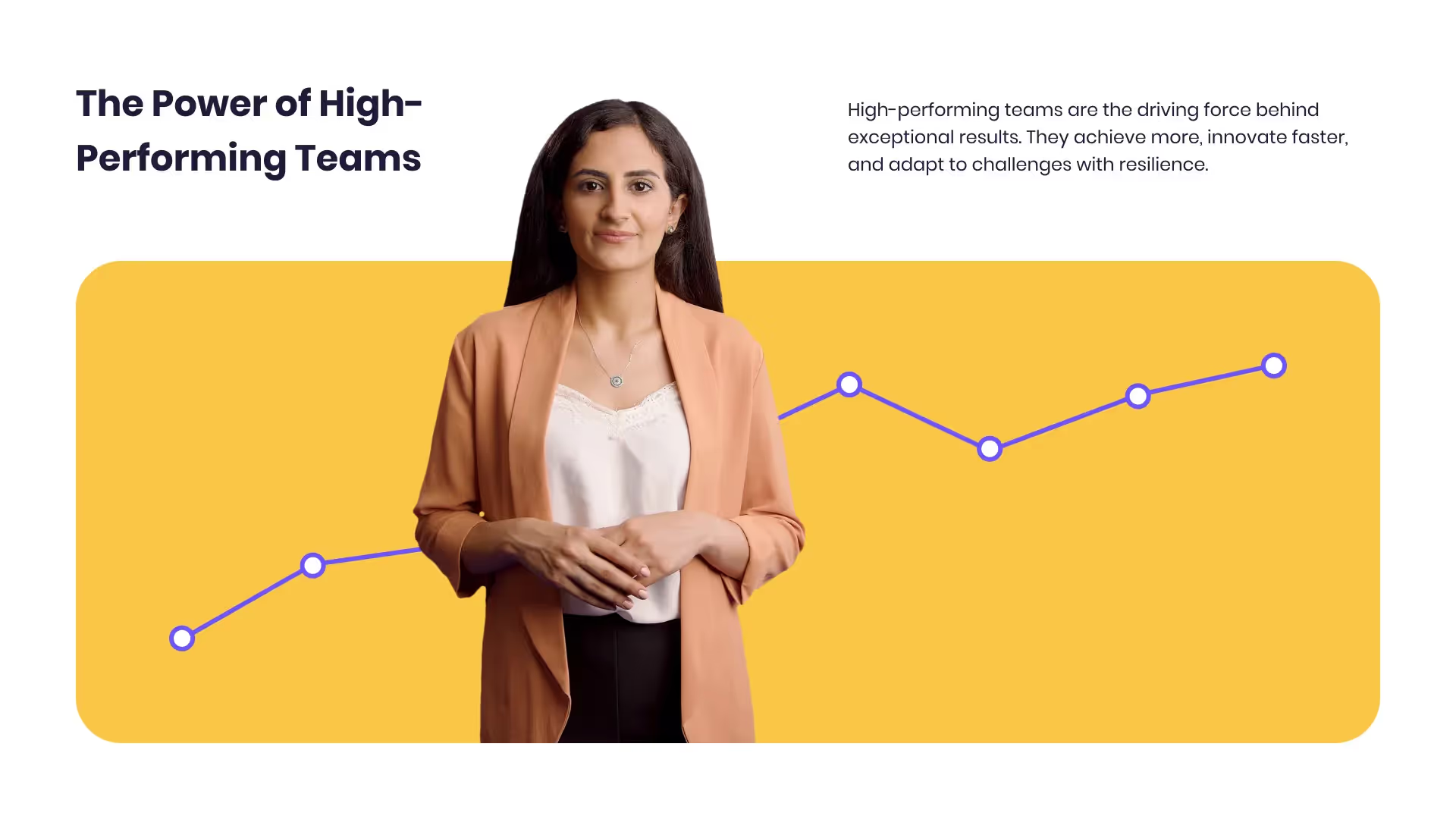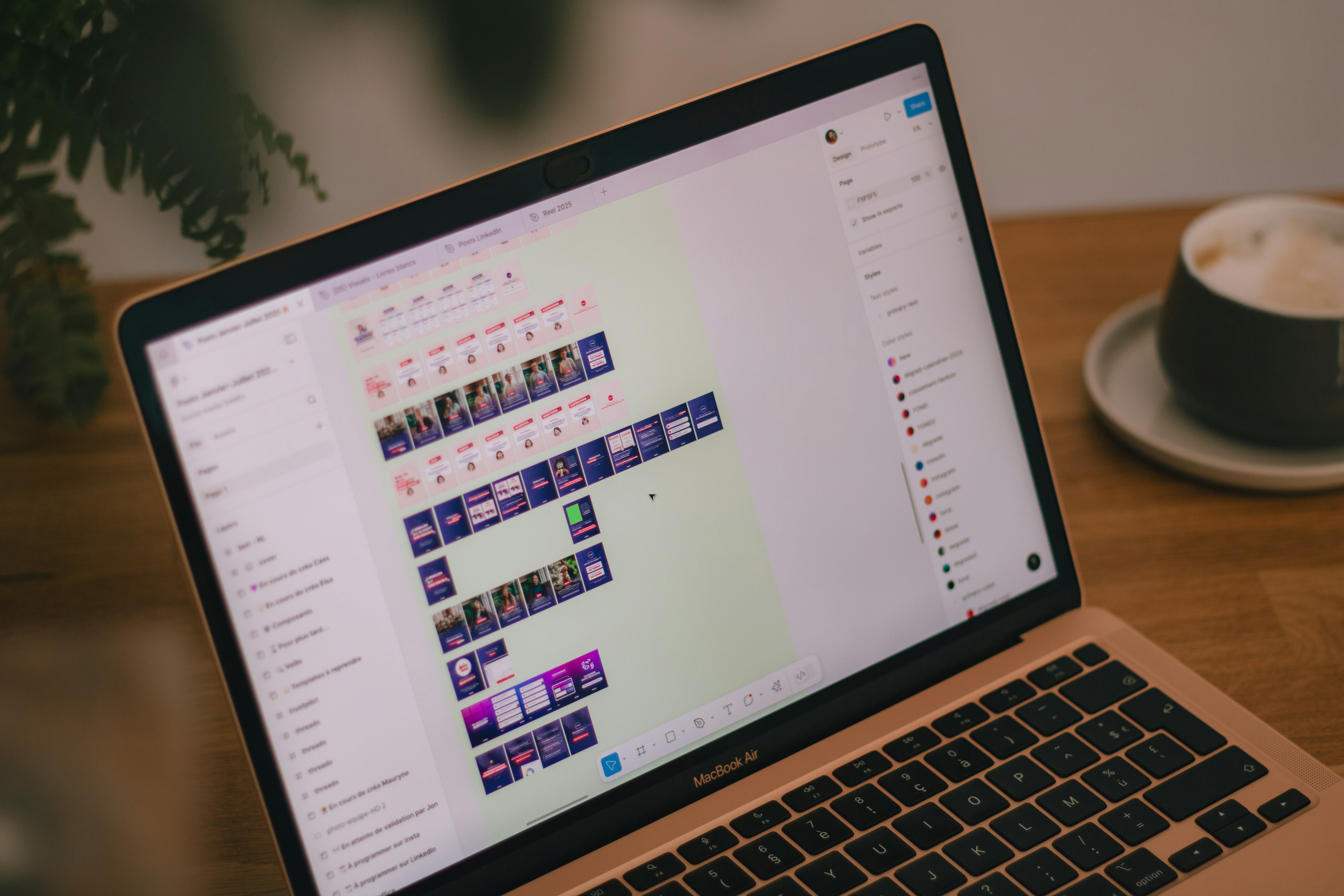Producing high quality video content has always required far more resources than writing. A team can draft a blog post in a few hours, but the equivalent video often takes days of scripting, filming, editing, approvals, and revisions. The result is a persistent bottleneck: written content scales, video does not.
AI text to video tools change this equation completely.
These platforms can turn written scripts, documentation, blog posts, FAQs, and internal notes into fully produced videos in minutes. Instead of manually sourcing visuals, recording narration, or filming presenters, AI systems analyze your text, generate visuals, create natural narration, and assemble polished video automatically. Tools like Colossyan go even further by offering realistic AI presenters who can deliver your script on screen, allowing teams to scale video output tenfold without increasing budget or staff.
This guide explains how AI text to video technology works, the top platforms to consider, and how to build a workflow that dramatically increases your video production capacity.
How AI Text to Video Technology Works
AI text to video relies on several advanced systems working together. Understanding each component helps you evaluate which tool fits your needs.
Natural Language Processing
NLP models examine your written content and identify the core meaning, tone, and structure. They interpret:
- Primary topic and intent
- Key concepts and entities
- Sentiment and tone
- Narrative flow
- Important facts or data
This ensures the video matches the meaning of your text, not just the surface-level words.
Visual Generation and Selection
Based on the analysis, the system selects or generates visuals such as:
- Stock footage
- AI-generated images
- Charts and data visualizations
- Scene layouts and transitions
- On-screen text and brand elements
More advanced tools allow fine-grained control so you can override visuals as needed.
Text-to-Speech Narration
Modern neural narration produces natural spoken delivery with:
- Humanlike intonation
- Clear pronunciation
- Multiple accents and tones
- Emotional variation
- Adjustable pacing
Platforms like Colossyan offer more than 600 voices across 80 languages.
Video Editing and Assembly
AI combines narration, visuals, animations, and timing into a cohesive video. The system handles:
- Scene timing
- Captioning
- Transitions
- Audio balancing
- Rendering
You receive a complete video that is ready for distribution.
Different Approaches to AI Text to Video
Platforms take different approaches to video generation. Selecting the right method depends on your content goals.
Template-Based Video Tools
Examples: Lumen5, InVideo
These tools insert your text into pre-designed templates and match it with stock media. They are fast and accessible, best for social media videos.
Presenter-Led AI Videos
Examples: Colossyan, Synthesia
These platforms use realistic AI avatars who deliver your script on screen. They are ideal for training, internal communications, walkthroughs, and any format that benefits from a human presenter.
Automated Stock Footage Assembly
Examples: Pictory, Descript
These tools automatically match written narration with footage and images, producing short video explainers efficiently.
Full Generative Video
Examples: Runway, Pika
These next-generation tools generate video scenes entirely from text descriptions. They are cutting edge but currently less consistent for professional business use.
Strategic Business Applications
AI text to video delivers value where speed, consistency, and global scale matter most.
Corporate Training and L&D
Training often requires frequent updates, multilingual versions, and consistent delivery. AI text to video supports:
- Converting manuals into video modules
- Rapid updates when processes change
- Generating global versions of each module
- Building full learning libraries at scale
Teams using tools like Colossyan report producing five to ten times more training content with far shorter update cycles.
Internal Communications
Communications teams can turn written announcements into clear, engaging videos in minutes. Common use cases include:
- Policy updates
- Executive messages
- Department briefings
- Company-wide announcements
Colossyan is particularly suited for this workflow with its professional presenter options.
Marketing and Social Media
Marketing teams benefit from the ability to repurpose written content, create variations, and scale production.
Applications include:
- Turning blog posts into social media videos
- Converting case studies into explainers
- Creating video ads from script variations
- Publishing multiple video versions for A/B testing
Customer Education and Support
Customers often prefer watching a short video over reading long documentation.
AI text to video enables:
- Video FAQs
- Product walkthroughs
- Onboarding tutorials
- Troubleshooting guides
This improves customer satisfaction and reduces support ticket volume.
Step-by-Step Workflow: Turning Text Into Video
Step 1: Prepare High Quality Text
Write for spoken delivery. Focus on:
- Short sentences
- Conversational tone
- Clear structure and transitions
- Minimal jargon
- An engaging opening
- A strong call to action
Step 2: Select the Right Platform
Choose based on your content type:
- Colossyan for presenter-led business videos, training modules, and internal communication
- Lumen5 or InVideo for social content
- Descript for podcast-to-video workflows
- Pictory for quick social clips
Step 3: Configure Video Settings
Adjust:
- Format and aspect ratio
- Voice selection
- Presenter choice
- Background music and captions
- Brand elements
Step 4: Review and Refine
Check for:
- Accurate pronunciation
- Relevant visuals
- Natural pacing
- Brand compliance
Iterate until the draft meets your quality bar.
Step 5: Export and Distribute
Download and publish videos natively on each platform for best performance. Track engagement, watch time, and conversions to guide future content.
Best AI Text to Video Platforms
Here is a high-level comparison of leading tools.
| Platform |
Best For |
Key Strength |
Output Quality |
Pricing |
| Colossyan |
Business content and training |
Realistic AI presenters, multilingual, full editing suite |
Excellent |
Free trial + subscription |
| Synthesia |
Corporate communications |
Enterprise features and custom avatars |
Excellent |
Subscription |
| Lumen5 |
Social content |
Fast automated blog-to-video creation |
Good |
Free tier + paid |
| InVideo |
Marketing videos |
Extensive templates and stock media |
Good |
Free tier + paid |
| Pictory |
Quick repurposing |
Auto captions and stock assembly |
Good |
Subscription |
| Descript |
Audio-first content |
Text-based editing and transcription |
Very Good |
Free + paid |
| HeyGen |
Talking avatars |
Diverse avatars and voices |
Very Good |
Credit-based |
For serious business use, Colossyan provides the most complete workflow.
Advanced Strategies for Scaling Video Production
Content Repurposing Systems
Turn one blog post into:
1 blog post
1 long video
3 to 5 social clips
LinkedIn and Facebook variations
Email newsletter embed
Documentation to Training Pipelines
Turn internal documentation into complete training libraries by splitting text into modules and converting each section into video.
Multilingual Scaling
Produce global content efficiently:
- Write once
- Translate once
- Generate many localized video versions
Rapid A/B Testing
Generate multiple variations of:
- Hooks
- Visuals
- Voices
- Presenters
Choose winners based on real performance, not guesswork.
Common Challenges and How to Solve Them
Irrelevant Visuals
Solution: Use platforms that allow manual visual control and provide guidance in the script.
Mechanical Narration
Solution: Use premium voices, shorter sentences, and adjust punctuation to guide pacing.
Brand Inconsistency
Solution: Establish templates, brand kits, and consistent avatar or voice choices.
Frequent Content Updates
Solution: Choose platforms that allow modular editing and fast regeneration.
Ready to Transform Your Content Process?
AI text to video technology allows teams to convert written materials into polished video content at unmatched speed. For organizations that produce training, internal communications, marketing content, or customer education, the impact can be transformative.
Colossyan offers the strongest end-to-end solution for professional presenter-led videos, multilingual support, and enterprise-ready workflows. Written content that used to take days or weeks to convert into video can now be transformed in minutes.
If you want to scale high quality video production without scaling cost, AI text to video is the most valuable upgrade you can make.
.avif)



































%20(1).avif)
.webp)
